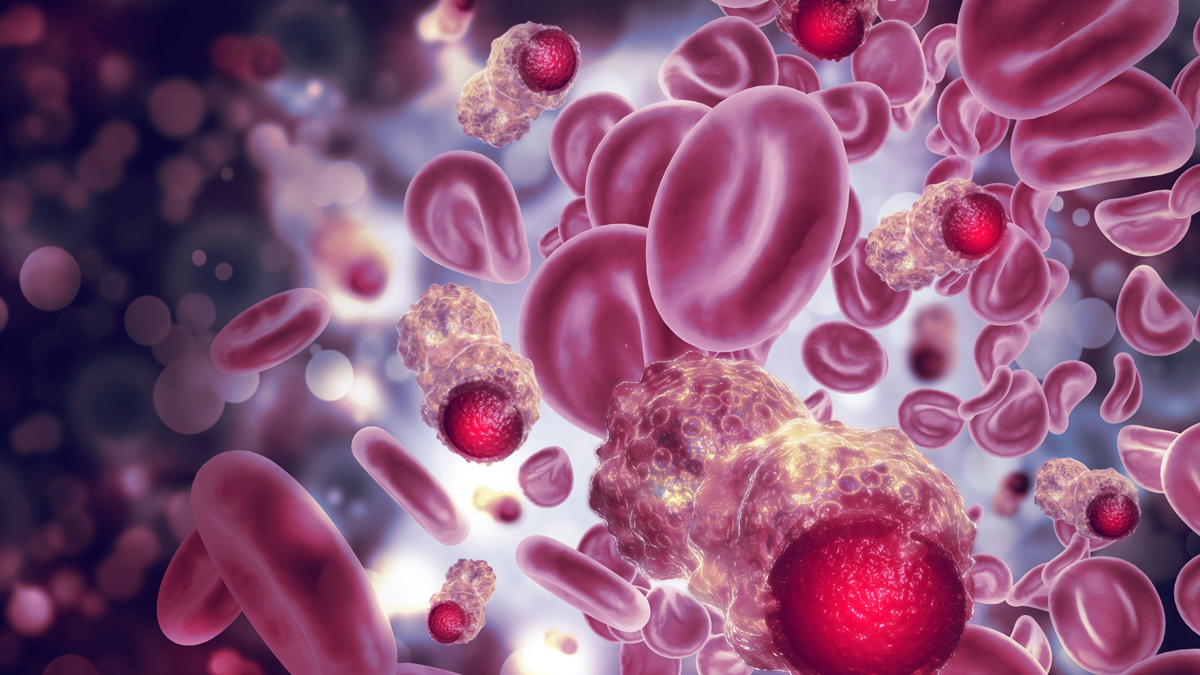AbbVie, Genmab eye label expansion for Epkinly

Just a month after AbbVie and Genmab got FDA approval for Epkinly in one form of non-Hodgkin’s lymphoma, the partners are now preparing to file for a second.
CD20xCD3 bispecific antibody Epkinly (epcoritamab) was cleared by the US regulator for relapsed or refractory diffuse large B-cell lymphoma (DLBCL), and will now be submitted for follicular lymphoma (FL) after the drug achieved an 82% overall response rate (ORR) when used for patients who had received two or more prior lines of therapy.
The new data comes from the phase 1/2 EPCORE NHL-1 study, which also generated the results to support Epkinly’s DLBCL approval, including a 61% ORR.
The data in FL came from a 128-patient cohort in the study, of whom more than two-thirds (70%) were refractory to treatment with both an anti-CD20 monoclonal antibody and an alkylating agent, both standard therapies for this type of blood cancer.
The 82% ORR “exceeded the protocol prespecified threshold for efficacy” and the median duration of response (DOR) was not reached.
If the new indication is approved, Epkinly will go head-to-head in the market against Roche’s Lunsumio (mosunetuzumab), another CD20xCD3 bispecific cleared for relapsed or refractory FL last December, also after at least two earlier lines of therapy.
Both bispecifics are being positioned as off-the-shelf alternatives to CAR-T therapies, like Gilead Sciences’ Yescarta (axicabtagene ciloleucel) and Novartis’ Kymriah (tisagenlecleucel), which have lengthy and complex manufacturing and administration procedures and require in-hospital care.
One issue with the results was a 66% rate of cytokine release syndrome (CRS), a potentially very serious side effect that is also seen with CAR-Ts and was seen less frequently in Roche’s registration study for Lunsumio in FL. AbbVie and Genmab said, however, that only 1.6% of cases were at the severe end of the spectrum (Grade 3 or more).
The two partners are exploring different “alternative step-up dosing regimens” to try to reduce the risk of CRS.
AbbVie and Genmab noted that FL is a common form of non-Hodgkin’s lymphoma that currently has limited treatment options, particularly in the relapsed/refractory setting.
“We look forward to sharing the full results from this study cohort at an upcoming medical congress and discussing the results with global regulatory authorities,” said Genmab's chief executive, Jan van de Winkel.
Epkinly is the first drug to emerge from AbbVie and Genmab’s $3.9 billion cancer partnership signed in 2020, which also includes two other drugs, an anti-CD37 antibody (GEN3009) that is already in clinical trials for blood cancers and a CD3x5T4 bispecific in early development.
Analysts at Jefferies have suggested that Epkinly could eventually become a $1.5 billion product, particularly with the help of AbbVie’s established presence in blood cancers with widely-used drugs like Imbruvica (ibrutinib) and Venclexta (venetoclax).













